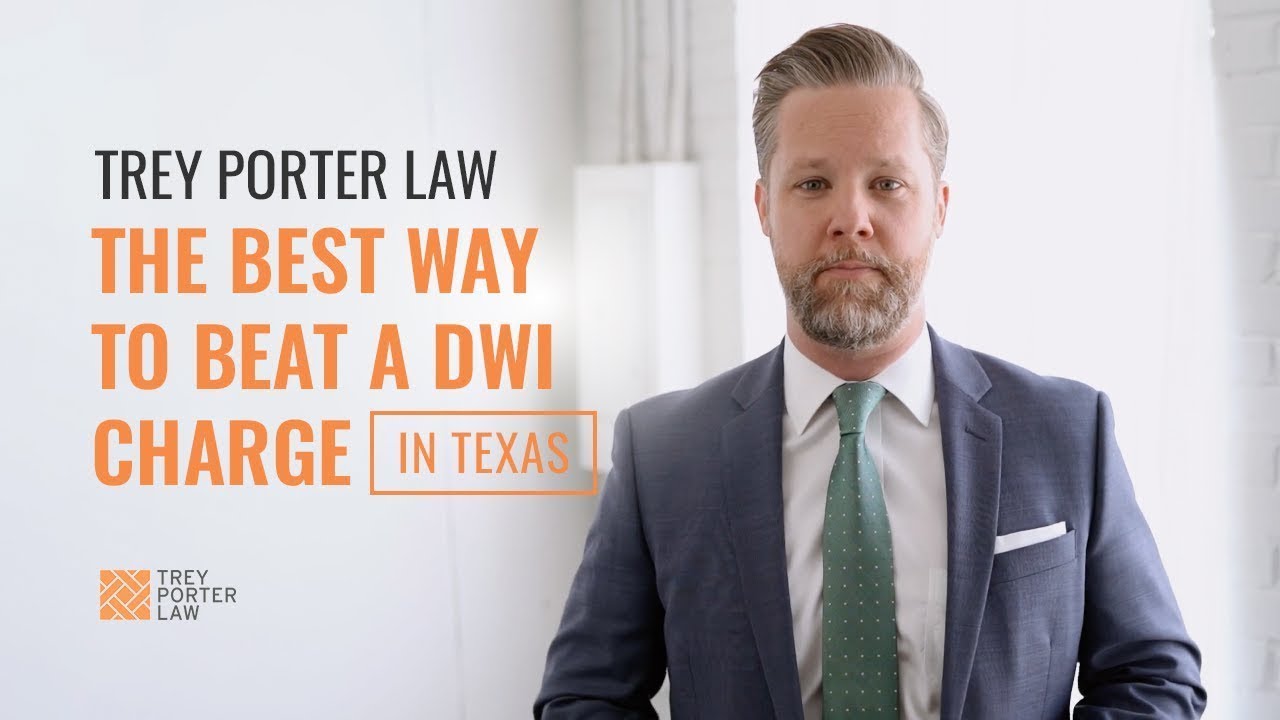Understanding Car Accidents in Another State
Let’s face it: car accidents are never fun, but they can be even more overwhelming when they occur in a different state. Imagine you’re cruising along the highway, minding your own business, when suddenly—bam!—you’re T-boned by a texting driver. Now you’re not only dealing with the shock of the accident, but you’re also navigating unfamiliar legal and practical challenges.
Reporting the Accident
After a car accident in another state, it’s crucial to report it to the police immediately. They will create an accident report that will document the details of the incident, including the location, time, and any injuries. This report will be essential for insurance purposes and any subsequent legal proceedings.
Exchanging Information
Once the police arrive, they will typically ask you to exchange information with the other driver(s) involved in the accident. This includes your name, address, phone number, insurance information, and driver’s license number. It’s also a good idea to take pictures of the accident scene and any visible injuries.
Seeking Medical Attention
Even if you don’t feel injured immediately, it’s important to seek medical attention as soon as possible after a car accident. Some injuries, such as concussions or internal bleeding, may not manifest until hours or even days later. By getting checked out by a doctor, you can ensure that any potential injuries are treated promptly.
Contacting Your Insurance Company
After the accident, you should contact your insurance company as soon as possible. They will guide you through the claims process and help you get your vehicle repaired or replaced. It’s important to be honest and accurate when reporting the accident to your insurer, as any discrepancies could affect your coverage.
Hiring an Attorney
In some cases, it may be beneficial to hire an attorney to represent you after a car accident in another state. An attorney can help you understand your legal rights and options, negotiate with insurance companies, and file a lawsuit if necessary. However, hiring an attorney is not always necessary, especially if the accident was minor and you were not seriously injured.
Car Accidents in Another State: What You Need to Know
Car accidents are stressful enough, but when they happen in another state, things can get even more complicated. If you’re ever involved in an out-of-state accident, it’s important to know the legal implications and what steps to take.
Legal Implications
The laws governing car accidents vary significantly from state to state. This means that the legal process after an accident can be very different depending on where the accident occurred. In some states, for example, you may be required to file a police report within a certain number of days after the accident. In other states, you may not be required to file a police report at all.
It’s also important to be aware of the different liability laws in different states. In some states, drivers are held liable for any damages caused by their negligence. In other states, drivers are only held liable for damages if they were found to be grossly negligent or intentionally reckless.
If you are involved in a car accident in another state, it’s important to speak to a local attorney. An attorney can help you understand the legal implications of the accident and can help you file a claim for damages.
What to Do After an Out-of-State Accident
If you are involved in an out-of-state accident, there are a few things you should do:
- Stay calm and assess the situation.
- Call the police and report the accident.
- Get the names and contact information of the other drivers involved in the accident.
- Take pictures of the accident scene and your injuries.
- Seek medical attention if you are injured.
- Contact your insurance company to report the accident.
Once you have taken these steps, it is important to contact a local attorney. An attorney can help you protect your rights and get you the compensation you deserve.
Car Accident in Another State: What You Need to Know
If you’re like most drivers, you probably don’t think much about your car insurance until you need it. But if you’re involved in a car accident in another state, you may be in for a rude awakening. Your insurance coverage may not be as comprehensive as you thought, and you could be on the hook for thousands of dollars in damages.
Insurance Coverage
The first step after a car accident is to contact your insurance company. They will be able to help you file a claim and get your car repaired or replaced. However, it’s important to note that your insurance coverage may not be fully applicable in another state. Each state has its own laws governing car insurance, and your policy may not meet the minimum requirements of the state where you had the accident.
For example, if you have a policy with a minimum liability limit of $25,000 per person and $50,000 per accident, but you’re in a state that requires a minimum of $50,000 per person and $100,000 per accident, you could be held liable for the difference if you’re at fault for the accident. That means you could be on the hook for tens of thousands of dollars in damages.
To avoid this, it’s important to review your policy and make sure you have adequate coverage. You may also want to consider purchasing additional coverage, such as uninsured/underinsured motorist coverage, which can help protect you if you’re in an accident with a driver who doesn’t have insurance or doesn’t have enough insurance.
Car Accident in Another State: Essential Steps to Safeguard Your Well-being
Getting into a car accident away from your home state can be a disconcerting and overwhelming experience. However, by taking the following steps, you can help protect your health, legal rights, and financial well-being:
Seeking Medical Attention
After a car accident, it’s crucial to seek medical attention as soon as possible, even if you don’t feel seriously injured. Injuries can manifest hours or days after an accident, and prompt medical care can help prevent complications and establish a record of your injuries. Thoroughly document your injuries, including any pain, discomfort, or other symptoms you’re experiencing.
Reporting to the Police
Immediately report the accident to the police, regardless of whether it appears minor. The police report will serve as an official record of the incident and provide valuable information for insurance claims and legal proceedings. Be sure to obtain the officer’s name and badge number for future reference.
Exchange Information
Exchange information with the other drivers involved in the accident, including your name, address, phone number, insurance company, and policy number. It’s also a good idea to take photos of the vehicles involved, the scene of the accident, and any visible injuries.
Contact Your Insurance Company
Promptly notify your insurance company about the accident and provide them with all the necessary information. Cooperate fully with their investigation and provide them with any documentation they request. Your insurance company can help you navigate the claims process and ensure you receive fair compensation for your damages.
Consider Legal Representation
If you’ve sustained serious injuries or the other driver is disputing fault, consider consulting with an attorney. A lawyer can represent your interests, negotiate with insurance companies on your behalf, and help you pursue legal action if necessary. They can also guide you through the complexities of the legal process in a different state.
Car Accident in Another State: What You Need to Know
If you’re involved in a car accident in another state, it’s important to know what steps to take to protect yourself and your rights. Here’s what you need to know about reporting the accident, filing a claim, and getting the compensation you deserve.
Reporting the Accident
The first step after a car accident is to report it to the local police. They will create a police report that will serve as official documentation of the incident. This report will include information about the accident, such as the date, time, location, and parties involved. It’s important to obtain a copy of the police report for your records.
Exchanging Information
Once you’ve reported the accident to the police, you’ll need to exchange information with the other drivers involved. This includes your name, address, phone number, insurance information, and license plate numbers. It’s also helpful to take photos of the damage to both vehicles.
Filing a Claim
If you’re injured in a car accident, you’ll need to file a claim with your insurance company. They will investigate the accident and determine how much you’re entitled to in compensation. It’s important to file your claim as soon as possible after the accident, as there are deadlines that may apply.
Getting Legal Help
If you’re seriously injured or the other driver is disputing fault, you may want to consider getting legal help. An attorney can help you navigate the legal process and protect your rights. They can also help you negotiate a settlement with the insurance company or represent you in court.
Car Crashes in Uncharted Waters: Navigating Accidents in Another State
Like a ship lost at sea, a car accident in an unfamiliar state can leave you adrift in unfamiliar territory. The legal landscape, insurance policies, and even road signs can feel foreign. But fret not, for in this guide, we’ll chart a course to help you navigate these choppy waters with confidence. Buckle up and let’s set sail, matey!
Documenting the Scene: A Visual Record
When disaster strikes, your smartphone becomes your most valuable tool. Snap away, capturing the scene of the crime—er, accident. Photograph every angle of the carnage: your crumpled fenders, the other driver’s dented ride, and any visible injuries. These images will serve as irrefutable evidence for your insurance claim and any potential lawsuits. Who knows, you might even end up with a portfolio worthy of an art gallery!
Exchanging Information: Swapping Details
No matter your current state of mind, it’s crucial to swap information with the other driver(s) involved. Grab a pen and paper—or use your phone’s notepad—and jot down their name, address, phone number, insurance details, and license plate numbers. These seemingly mundane details will prove invaluable down the road.
Reporting the Accident: Informing the Authorities
Even if the accident seems like a minor fender-bender, it’s always wise to report it to the local police. A police report serves as an official record of the event and can be helpful for insurance purposes and potential legal proceedings. Think of it as a life preserver—it can keep you afloat in a sea of paperwork.
Seeking Medical Attention: Checking for Injuries
Adrenaline is a powerful drug, and it can mask injuries that might not be immediately apparent. Even if you feel fine, it’s crucial to seek medical attention as soon as possible. Some injuries, like concussions, can take hours or even days to manifest. Better to err on the side of caution and get checked out—you wouldn’t want to end up with a hidden treasure of medical bills!
Contacting Your Insurance Company: Informing Them of the Mishap
Like a faithful friend, your insurance company should be notified promptly about your misadventure. They can guide you through the claims process, arrange for repairs, and ensure you’re not left stranded in a financial storm. Don’t be shy; give them a call and let them know what happened. They’re there to help you weather the storm, so don’t hesitate to reach out.
Car Accident in Another State: What You Need to Know
Being involved in a car accident is stressful enough – but what if it happens in another state? Here’s what you need to know to navigate this complex situation and protect your rights.
Exchanging Information
Immediately after the accident, it’s crucial to exchange information with all other drivers involved. This includes your names, addresses, phone numbers, email addresses, insurance companies, policy numbers, and license numbers. Don’t forget to jot down the make, model, and license plate numbers of all vehicles involved.
Filing a Police Report
Next, file a police report, even if the accident seems minor. The police report will provide an official record of the incident, including details of the accident, the drivers involved, and any witnesses. It’s important to get a copy of the report for your insurance company and any potential legal proceedings.
Contacting Your Insurance Company
Notify your insurance company about the accident as soon as possible. They will guide you through the claims process and help you file a claim. Be sure to provide them with all the details of the accident, including the police report number.
Seeking Medical Attention
Even if you don’t feel injured immediately after the accident, it’s important to seek medical attention. Some injuries, such as whiplash, may not manifest themselves until later. By getting checked out by a doctor, you can ensure that any injuries are properly diagnosed and treated.
Hiring an Attorney
If the accident was serious or you believe the other driver was at fault, consider hiring an attorney. A good attorney can represent your interests, negotiate with insurance companies, and help you maximize your recovery.
Additional Considerations
Being involved in a car accident in another state can also present unique challenges. For example, each state has its own laws governing insurance coverage, fault determination, and the statute of limitations for filing a lawsuit. Make sure you familiarize yourself with the laws of the state where the accident occurred.
Don’t hesitate to reach out to the local police or the Department of Motor Vehicles for assistance. They can provide you with information about your rights and connect you with resources that can help you navigate this challenging situation.
Car Accident in Another State: Essential Legal Considerations
Being involved in a car accident is a harrowing experience, especially when it occurs in another state. The unfamiliarity with local laws and procedures can compound the stress and uncertainty. Navigating insurance claims, medical bills, and potential legal consequences can be overwhelming. This comprehensive guide will provide invaluable information to help you protect your rights and recover from a car accident in a different state.
Filing an Insurance Claim
Immediately following an accident, contact your insurance provider and report the incident. Even if you’re not at fault, it’s crucial to initiate the claims process promptly to ensure timely coverage. Provide all relevant details, including the location and date of the accident, the names of parties involved, and witness contact information.
Exchanging Information
After ensuring your safety and seeking medical attention, exchange vital information with the other drivers involved in the accident. This includes names, addresses, driver’s license numbers, insurance policy details, and contact information. Take photographs or jot down any noticeable damage to vehicles or property.
Seeking Legal Assistance
Consider consulting a local lawyer if you have sustained serious injuries, as they can guide you through the legal process and represent your interests. They can help you negotiate with insurance companies, file lawsuits if necessary, and ensure that your rights are protected.
Understanding Different State Laws
Each state has unique laws governing car accidents, insurance coverage, and fault determination. It’s essential to familiarize yourself with the laws of the state where the accident occurred. This information will help you understand your rights, responsibilities, and potential legal outcomes.
Documenting Your Expenses
Keep meticulous records of all expenses related to the accident, including medical bills, property damage, lost wages, and any other costs incurred. These documents will serve as proof of your damages and assist in your insurance claim or potential legal case.
Dealing with Insurance Companies
Insurance companies may attempt to minimize your claim or assign you a portion of the fault. It’s vital to be prepared and have your documentation ready. Don’t accept low settlement offers or sign any documents without consulting with a lawyer if you’re unsure of your rights.
Protecting Your Rights
Never admit fault to the police or insurance companies without consulting with a lawyer. Your words could potentially be used against you later on. Furthermore, don’t sign any agreements or releases without fully understanding their consequences.





Leave a Reply